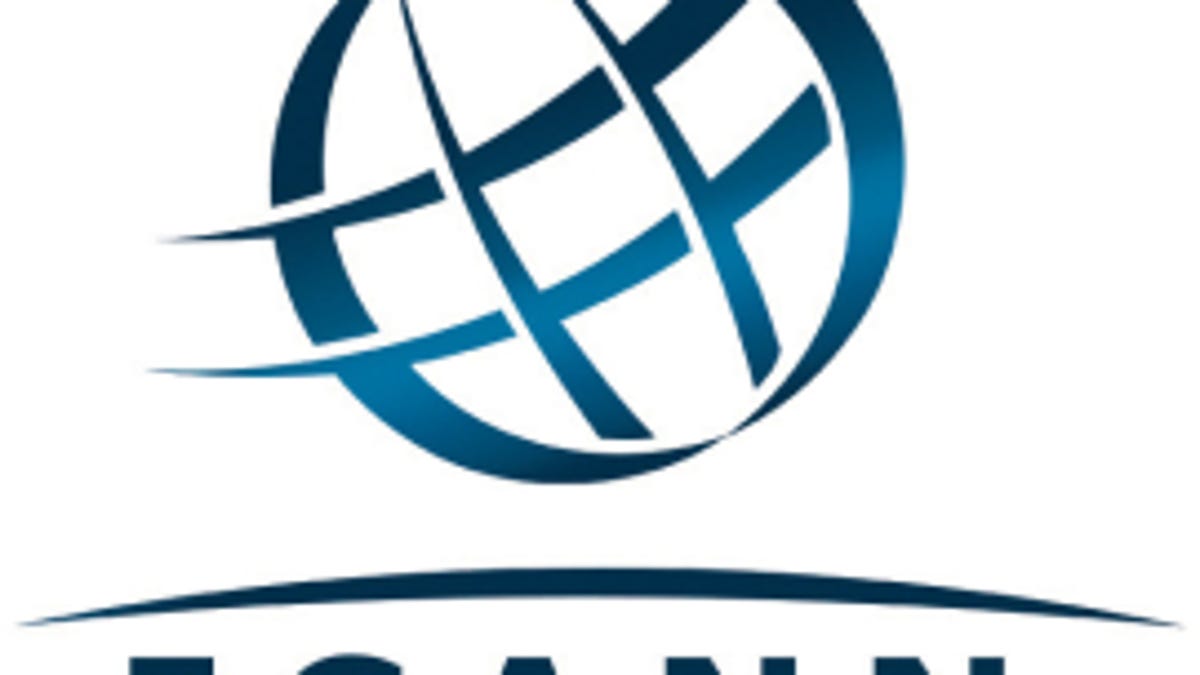Here come the Arabic, Russian, and Chinese Net addresses
The expansion of top-level domains on the Internet will end reliance on the Roman alphabet.

ICANN, the organization in charge of a major overhaul of Internet addresses, said it has signed agreements that will bring Chinese, Russian, and Arabic domain names to the Net.
At its 47th meeting this week, in Durban, South Africa, the Internet Corporation for Assigned Names and Numbers (ICANN) announced that three companies signed registry agreements that will enable them to operate four generic top-level domains (GTLDs). The approval is a step in the controversial expansion of the Internet's addressing, from a small number of well-known, top-level domains -- such as .com -- to many more. A total of 1,092 applications have passed ICANN's approval process so far.
Those with brand names to protect have objected to the GTLD expansion, saying it raises expensive trademark protection issues. But it's easy to see why others would like one part of the GTLD expansion. It's a way to offer Web addresses in people's native languages that don't use the Roman alphabet.
ICANN announced steps Monday to make that internationalization real. The three companies approved to operate the registries are as follows:
• International Domain Registry will operate a domain with the Arabic word for "Web" or "network."
• Core Association will operate two domains, one with the Russian word for "online" and another with the Russian word for "Web site."
• Spring Fields will operate a registry with the Chinese word for "game."
"We can see the last mile before the first new (top-level domain) is activated in the Internet's root," said ICANN Chief Executive Fadi Chehade in a statement.
In the overall GTLD expansion plan, some new domains -- such as .canon -- are closely affiliated to one organization and won't be available for everyone to use. But others -- such as .music -- potentially could be used by anyone who pays the registry to use the name. Organizations called registries operate the computer infrastructure that make a domain possible, and ICANN is working through conflicts where multiple parties want to run the same domain.
Some companies are moving aggressively to control some of the new real estate: Google has applied to be a registry for 101 new domains, including .you, .free and .play, and Amazon applied to run 76, including .video, .book, and .app.

